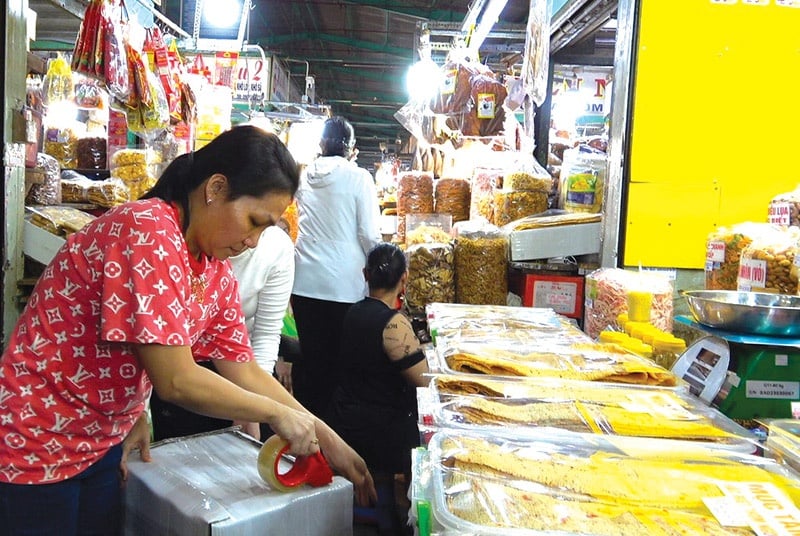 |
| Tax incentives are considered a key factor in motivating businesses to boldly change their models. |
Remove existing barriers and shortcomings
According to the General Statistics Office, the individual business household sector generates about VND2.2 trillion in revenue each year, contributing significantly to the economy and creating jobs for nearly 8 million workers. To achieve this result, in recent years, Vietnam has had many preferential policies to support small production and business households to transform into enterprises. For example, according to the Law on Support for Small and Medium Enterprises, business households that transform into enterprises will be exempted from or have many types of taxes, fees, and charges reduced.
Specifically, small production and business households that convert to enterprises will be exempted from business registration fees and fees for providing business information for the first time. Enterprises will also be exempted from business license fees for a period of 3 years from the date of being granted the first business registration certificate. At the same time, they will also be exempted from or have their land use fees reduced for a limited period according to the provisions of the law on land...
However, up to now, the promotion of business households to convert into enterprises has not met expectations. The reason for this situation, according to experts, is that most business households do not want to convert into enterprises because they think that the procedures are cumbersome, they have to pay more taxes, their business activities will have to be more transparent and they will be closely monitored by the authorities. There are even business households that have converted into enterprises, but after a period of enjoying tax incentives, they return to the business household model to pay simple lump-sum taxes on a monthly basis and at a very low rate.
For this transformation to take place more strongly and sustainably, experts say that Vietnam needs to have the most feasible solutions to encourage business households to transform into small enterprises. First of all, it is necessary to remove existing barriers and shortcomings and build appropriate support policies. In particular, tax incentives are considered a key factor to motivate business households to boldly transform their models, improve competitiveness and develop sustainably.
According to Mr. Dau Anh Tuan, Deputy General Secretary of the Vietnam Federation of Commerce and Industry (VCCI), we can boldly exempt business households from taxes for 3 years to become enterprises. This could be an important driving force to promote more than 5 million individual business households to join the formal enterprise sector, thereby improving productivity and competitiveness of the economy. In addition, the reform of the legal document system that the National Assembly has just passed is also highly appreciated. This policy promises to bring a more transparent and stable legal environment for enterprises, helping them minimize policy risks and increase initiative in business activities.
Building a favorable and transparent legal environment
For the three-year tax exemption policy to be truly effective, economic expert Dr. Nguyen Tri Hieu said that there needs to be a specific roadmap and public program so that business households can clearly understand their rights and obligations. At the same time, implementing specialized training courses on business administration, tax, accounting and law will help business households adapt quickly to the business model. In addition to tax incentives, the Government and relevant agencies need to promote legal support and training in business administration skills.
In addition, Dr. Can Van Luc, member of the National Financial and Monetary Policy Advisory Council, proposed that it is necessary to develop software to support business households in tax declaration and revenue and expenditure management in a simple and convenient way, helping them quickly adapt to the business model and operate more effectively. In addition, the current lump-sum tax, although quick and convenient, is a "request-grant" mechanism, lacking transparency and risking budget loss. Therefore, he proposed that this method should not be maintained for a long time, instead, it is necessary to encourage business households to transform into micro-enterprises, which are both supported in establishment and fully contribute taxes in the long term.
From a business perspective, Dr. Mac Quoc Anh, Vice President and General Secretary of the Hanoi Association of Small and Medium Enterprises, said that Vietnam needs to build a favorable and transparent legal environment and a business ecosystem that accompanies business households in the process of transformation and sustainable development. A comprehensive solution system with three main elements is encouragement, support and simplification. Tax incentive packages can be applied in the first 1-3 years after transformation, including exemption or reduction of corporate income tax, support for the cost of using electronic invoices and preferential credit. At the same time, exemption of business license fees and reduction of business registration costs are also important measures to encourage business households to enter the official market.
Without strong reforms in regulations for the individual business model, Dr. Le Duy Binh, Director of Economica Vietnam, said that financial support policies such as tax exemption after conversion will only serve as a morale booster. Separating regulations between business entities and individual businesses is an important principle that has been applied by many countries. The Enterprise Law needs to properly identify the nature of the individual business model and popularize this form through reforms to current regulations on private enterprises. At the same time, decentralizing business registration to the commune level - the place closest to business households - to reduce compliance costs, while adjusting tax policies to suit the characteristics of business households and individual businesses.
Source: https://thoibaonganhang.vn/tao-cu-hich-de-ho-kinh-doanh-chiu-lon-163318.html



![[Photo] Prime Ministers of Vietnam and Thailand visit the Exhibition of traditional handicraft products](https://vphoto.vietnam.vn/thumb/1200x675/vietnam/resource/IMAGE/2025/5/15/6cfcd1c23b3e4a238b7fcf93c91a65dd)






















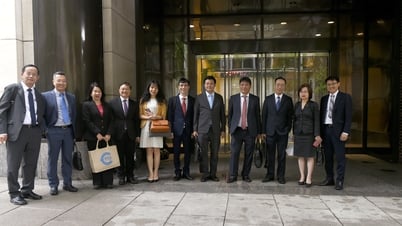


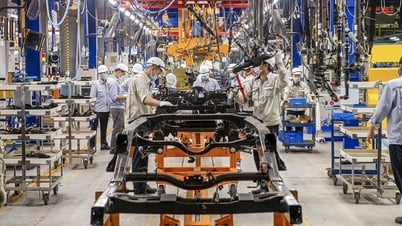
![[Photo] National Assembly Chairman Tran Thanh Man meets with Thai Prime Minister Paetongtarn Shinawatra](https://vphoto.vietnam.vn/thumb/1200x675/vietnam/resource/IMAGE/2025/5/15/e71160b1572a457395f2816d84a18b45)















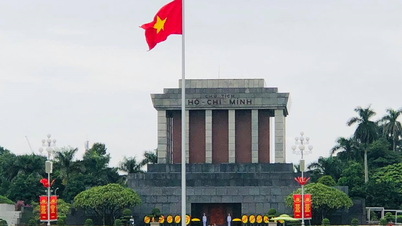

















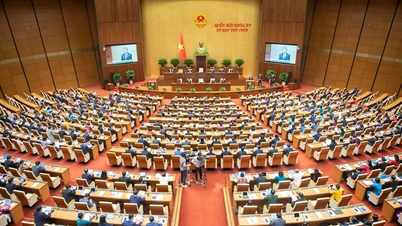



























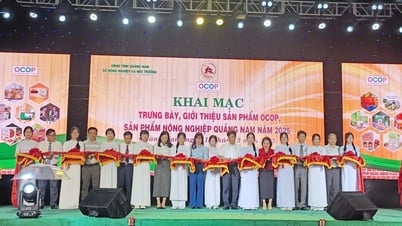


Comment (0)